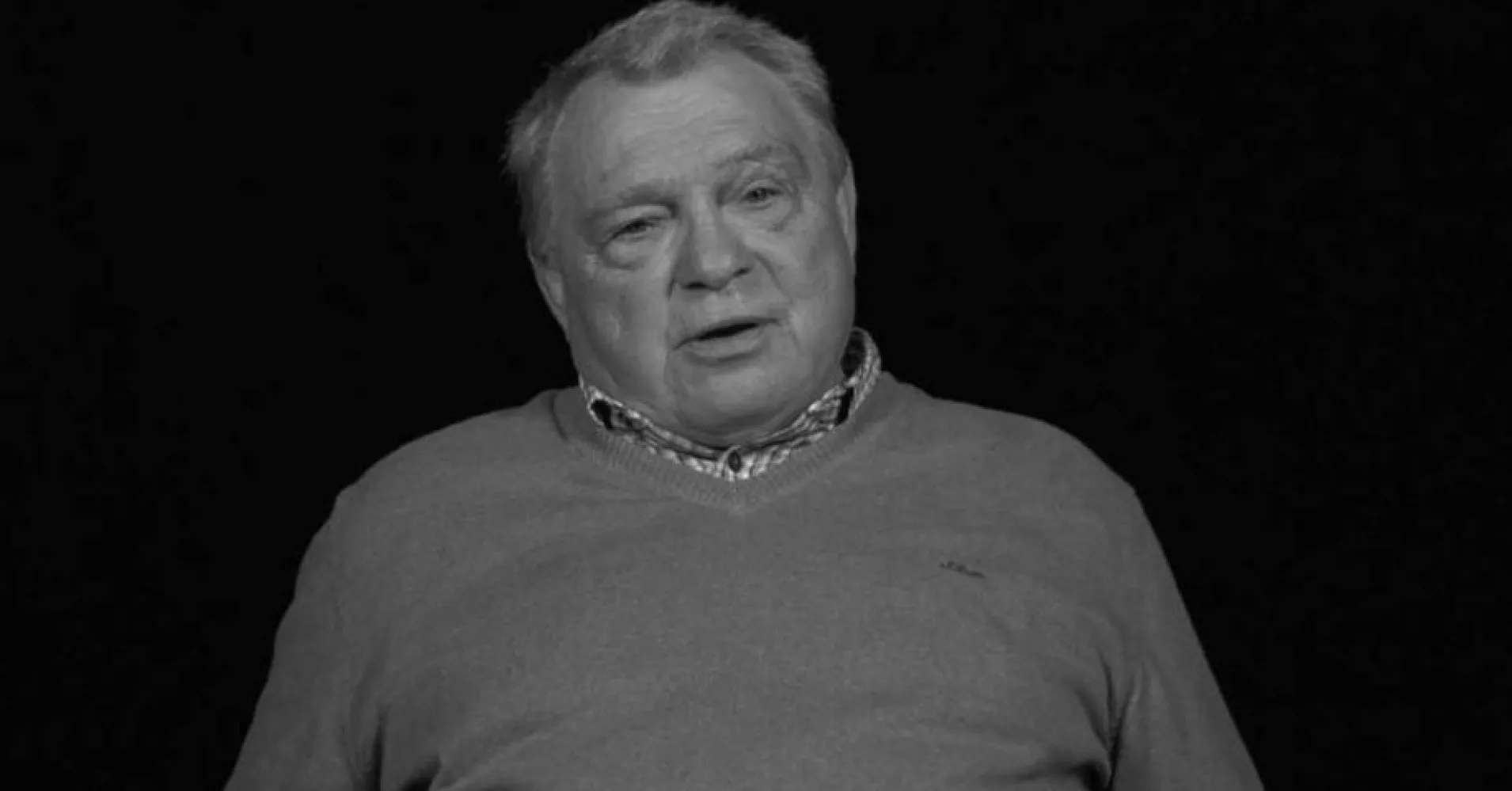© Reuters
About 25 NATO peacekeepers defending three town halls in northern Kosovo were injured in clashes with Serbian protesters on Monday as Serbia’s president put the army on the highest alert.
KFOR, the NATO-led peacekeeping mission in Kosovo, condemned the violence.
“While countering the most active parts of the crowd, several soldiers from the Italian and Hungarian contingents of KFOR were subjected to unprovoked attacks and suffered traumatic wounds with fractures and burns due to the explosion of incendiary devices,” said a statement quoted by Reuters. .
- Hungarian Defense Minister Kristof Szalay-Bobrovnicki said 7 Hungarian soldiers were seriously injured and would be taken to Hungary for treatment. He said 20 soldiers were injured. Italian soldiers were also injured in clashes.
- “What is happening is absolutely unacceptable and irresponsible,” Italian Prime Minister Giorgia Meloni said in a statement. “It is vital that further unilateral actions by the Kosovo authorities are avoided and that all parties concerned take an immediate step back to reduce tensions.”
- Serbian President Aleksandar Vucic said 52 Serbs were wounded, three of them seriously. He accused Kosovo Prime Minister Albin Kurti of creating tension and urged Kosovo Serbs to avoid clashes with NATO troops.
- Kosovo President Vjosa Osmani accused his Serbian counterpart Aleksandar Vucic of destabilizing Kosovo. “Serbian illegal structures turned into criminal gangs attacked Kosovo police, KFOR (peacekeeping) officers and journalists. Those who are carrying out Vucic’s orders to destabilize northern Kosovo must be brought to justice,” Osmani tweeted.

© Reuters
The tense situation developed after ethnic Albanian mayors took office in the Serb-majority region of northern Kosovo following elections that Serbs boycotted. The move prompted the US and its allies to rebuke Pristina on Friday after it explicitly warned appointed Albanian mayors of Serb villages not to hold inauguration ceremonies, but only to carry out their administrative work.
In Zvecan, one of the towns with the outbreak of violence, Kosovo police – made up of ethnic Albanians after Serbs left the institution last year – deployed tear gas to repel a crowd of Serbs who tore through a security barricade and tried to force their way through to the municipality building, eyewitnesses said.

© Reuters
Serbian protesters in Zvečan threw tear gas and stun grenades at NATO soldiers. Serbs also clashed with police in Zvecan and painted NATO vehicles with the letter “Z” as the Russian insignia used in the Ukraine war.
In Leposavic, near the border with Serbia, US peacekeepers in riot gear placed barbed wire around the town hall to protect it from hundreds of angry Serbs. Later in the day, protesters threw eggs at a parked car of the new mayor of Leposavich.
Vucic, who is commander-in-chief of the Serbian armed forces, has raised the military’s combat readiness to the highest level, Defense Minister Milos Vucevic told reporters.

© Reuters
“This means that just before 2:00 p.m., the Chief of the General Staff of the Serbian Armed Forces issued additional instructions for the deployment of army units in specific, specific positions,” Vucevic said, without elaborating.
NATO peacekeepers also blockaded the town hall in Zubin Potok to protect it from angry local Serbs, witnesses said.

© Reuters
Igor Simic, vice-chairman of the Serbian List, the largest Belgrade-backed Kosovo Serb party, accused Kosovo Prime Minister Albin Kurti of fueling tensions in the north. “We are interested in peace. The Albanians who live here are interested in peace and only he (Kurti) wants to create chaos,” Simic told reporters in Zvecan.
- Serbs, who make up the majority in northern Kosovo, have never accepted the territory’s 2008 declaration of independence from Serbia and still see Belgrade as their capital more than two decades after the Kosovo Albanian uprising against repressive Serbian rule.
- Ethnic Albanians make up more than 90 percent of Kosovo’s population as a whole, but northern Serbs have long pushed for an EU-brokered 2013 agreement to create an association of autonomous municipalities in their region.
- Serbs refused to participate in local elections in April, and ethnic Albanian candidates won mayoral seats in four Serb-majority municipalities – including northern Mitrovica, where no incidents were reported on Monday – with a 3.5 percent turnout.

© Reuters
Serbs are demanding that the Kosovo government remove ethnic Albanian mayors from town halls and allow local administrations funded by Belgrade to resume their work.
On Friday, three of the four ethnic Albanian mayors were escorted to their offices by police, who pelted stones and responded with tear gas and water cannons to disperse the protesters.
The United States and its allies, which have strongly supported Kosovo’s independence, rebuked Pristina on Friday, saying imposing mayors in Serb-majority areas without public support undermined efforts to normalize relations.
Kurti defended Pristina’s position, tweeting after a weekend phone call with the European Union’s foreign policy chief: “I emphasize that the elected mayors will provide services to all citizens.”

© Reuters
Serbian Foreign Minister Ivica Dacic told RTS that “it is not possible to have mayors who are not elected by Serbs in municipalities with a Serbian majority.”
After the meeting with Kurti, US Ambassador to Kosovo Jeffrey Hovenier told reporters: “We are concerned about today’s reports of violence against official property.” “We saw pictures of graffiti on KFOR cars and police cars, we heard about attacks on journalists, we condemn it, this is not an appropriate response.”

© Reuters
2023-05-29 20:30:00
#Dozens #NATO #soldiers #injured #clashes #Serbs #Kosovo


